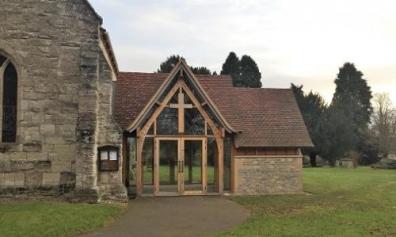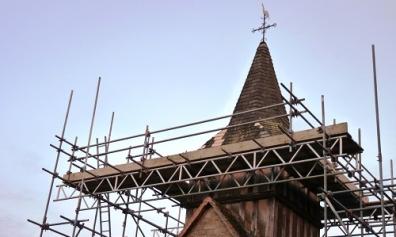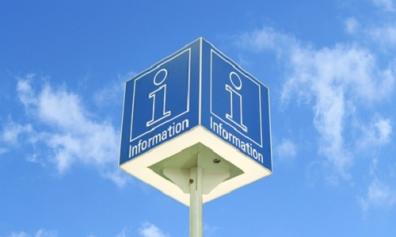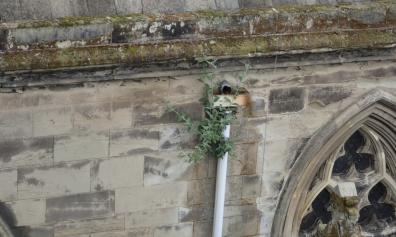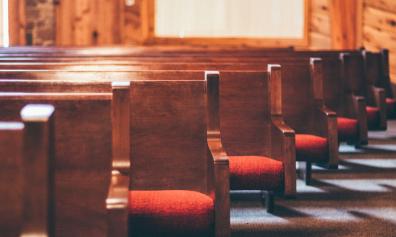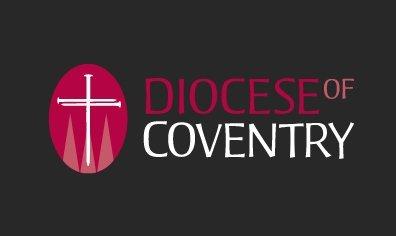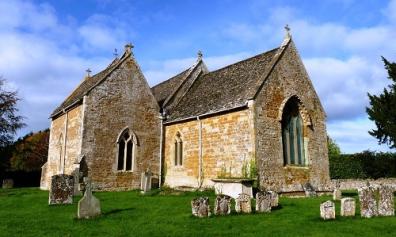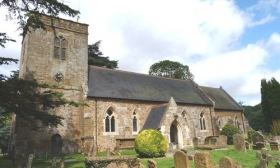
Welcome to the Church Buildings (DAC) part of the Diocesan website (DAC is short for Diocesan Advisory Committee for the Care of Churches). On these pages you will be able to find advice on a whole range of topics that relate to caring for and developing your church building. Claire Strachan, Church Buildings Development and Project Officer says:
"On top of their most important role of being spiritual places for modern worship and mission, churches are nationally significant archaeologically and socially. To enable them to be used and appreciated for all these reasons requires much care, commitment and resources - the Church Buildings team recognise that this is no easy task. Our role is to help PCCs (and others responsible for churches) care for and develop their church building so that they may be enjoyed by generations to come."
If you would like to discuss any aspect of church or churchyard maintenance, care or development, please get in touch with Tim Latham (DAC Secretary, 024 7652 1327) or Mark Seabourne (Assistant DAC Secretary, 024 7652 1312) or write to us at DAC, Diocese of Coventry, 7 Priory Row, Coventry, CV1 5EX


